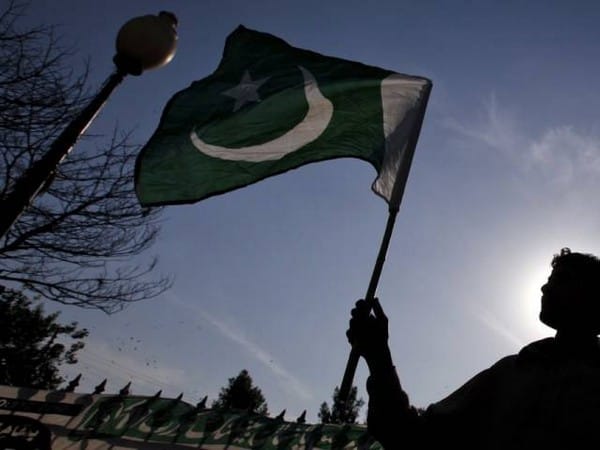The beginning of 2023 in Pakistan has been marred by a debilitating gas crisis, brought on by a faltering economy. In some areas of the country, people are filling balloons with cooking gas for later use. Even residents in affluent neighbourhoods are complaining that they either no longer have gas to cook food, or there’s not enough pressure in pipelines during meal times.
In Sindh, the crisis has only worsened over the past few weeks. Pakistan’s financial capital Karachi is grappling with a ubiquitous shortage.
Sui Southern Gas Company, Karachi’s primary gas supplier, had previously announced that gas would be available eight hours a day, concentrated at meal times.
But they have failed to deliver on the promise. Those who can afford it are now resorting to eating out and food deliveries. Demand for electric burners for cooking and heating rods in lieu of geysers has skyrocketed. But these aren’t sustainable alternatives for a crisis that shows no signs of abating.
Also read: Given the opportunity, 37% of Pakistanis are willing to leave nation, reports survey
How Pakistanis are coping
This year, winter in Pakistan was accompanied by long and unannounced bouts of gas loadshedding.
“Earlier, there was gas load shedding, but there was still gas for meal times. Now there is no specific time for the loadshedding. We don’t have any gas for two to three weeks, too, at a stretch. It’s not even there during mealtimes,” a Karachi woman told Dawn.
On the off chance when there is gas, it produces reddish flame, which “stinks
and blackens the pots and pans,” she added.
She bought an electric burner for cooking, but rotis can’t be cooked on it. She uses a microwave oven to heat food and buys bottled water.
To add fuel to the non-existent fire, she still received a gas bill of 450 Pakistani rupees.
Citizens are struggling to deal with the added financial burden. “Since there is no gas to cook food, we had to buy an LPG cylinder. However, for someone whose monthly budget is Rs25,000 to Rs30,000 this alternative is highly unaffordable,” a Khyber Pakhtunkhwa resident told The Tribune.
In Pakistan, particularly among poor people, the usage of illegal gas packed in plastic bags instead of cylinders for cooking is increasing. The bags are filled with natural gas at shops that are connected to the country’s gas pipeline network. People use these packets in the kitchen through small electric suction pumps.
A woman living in Charsadda district, Khyber Pakhtunkhwa told Deutsche Welle that “they have no other choice.” A medical officer in Islamabad told the German news-agency that
her facility receives about eight patients daily from gas-related incidents, with one or two of them being critically injured. 16 shopkeepers were arrested in Peshawar for selling gas-filled plastic bags.
Also read: Kashmir is a married woman, Pakistan a jilted lover. How Yana Mir clinched the argument
Russia-Ukraine war
Dwindling natural reserves coupled with a growing demand, as well as a drop in the country’s foreign exchange reserves are at the core of the problem. Pakistan currently contributes to less than 1 per cent of global gas consumption, but as per reports, the demand for gas is accelerating steadily. Supplies also remain low owing to difficulties in paying imports.
Pakistan was initially unable to procure gas from the international community. The International energy market is currently in flux, part of tremors from the ongoing Russia-Ukraine war. Although, beginning this year, Russia will be selling crude oil to Pakistan at a discounted price.






